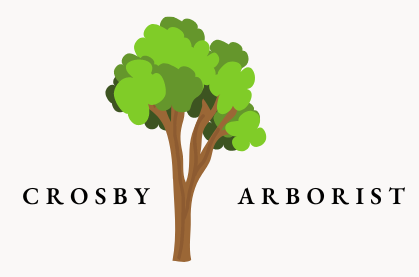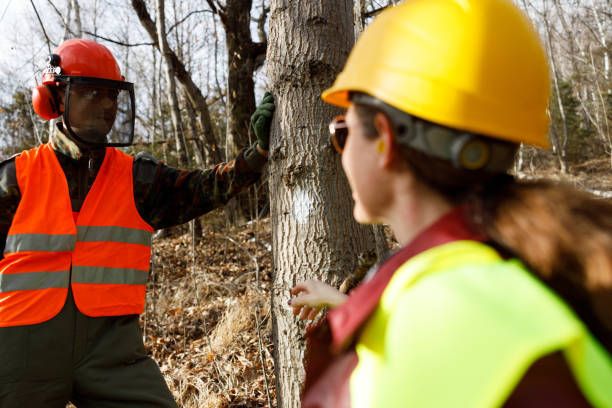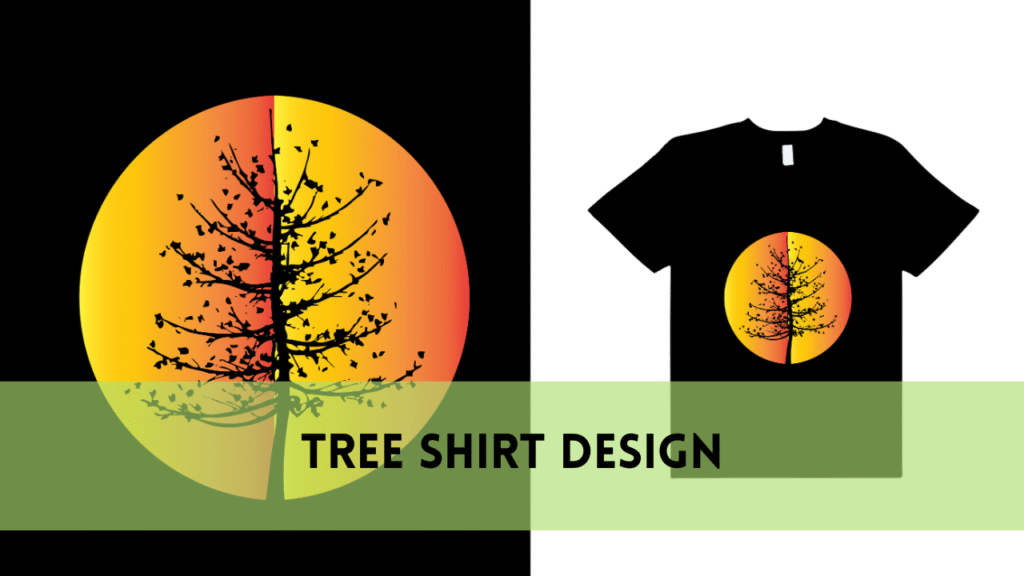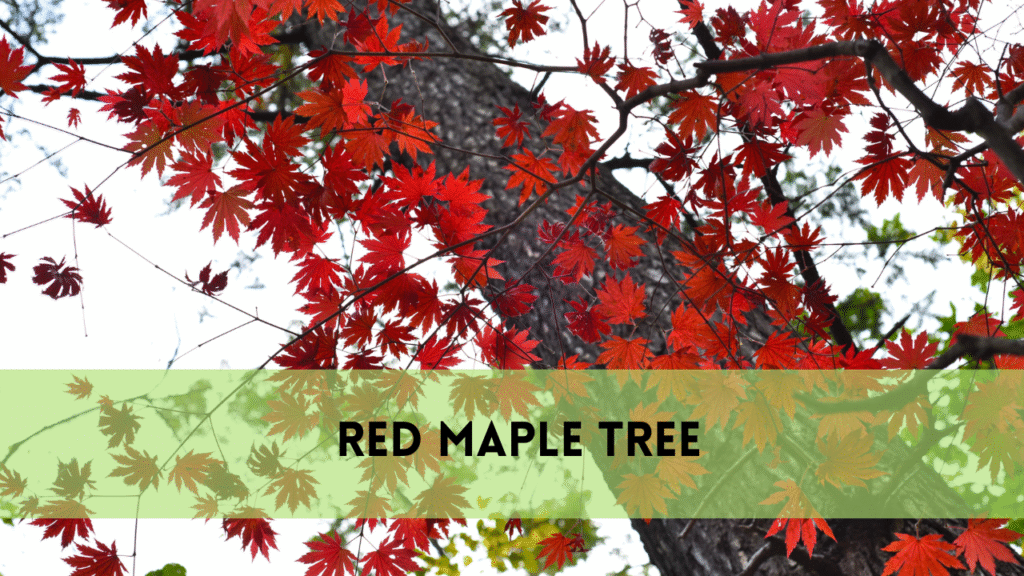Certified Arborist Tree Service
Tree health and vitality are critical for supporting a lively ecosystem and boosting the charm of any landscape. Certified arborists play a critical role in assuring appropriate tree care and upkeep, providing professional knowledge and specialized services customized to each tree’s specific demands.
Certified arborists provide a wide range of tree care services, from assessing tree health to executing pruning and disease management tactics. Their knowledge goes beyond tree trimming to include tree preservation, risk assessment, and planting advice.
This thorough book delves into the realm of certified arborist tree services, explaining the relevance of certified specialists, illuminating their credentials, defining the spectrum of services they provide, and offering crucial suggestions for selecting and assessing certified arborists. Explore the domain of certified arborist tree service in this instructive article to see how their skill can safeguard the health and lifespan of your trees.
Understanding Certified Arborists
Arborists are highly competent individuals who specialize in the care, maintenance, and management of trees and woody plants. These professionals have considerable expertise that has been developed via rigorous training and study in arboriculture, botany, and horticulture. They are qualified to diagnose tree health concerns, analyze tree dangers, and make knowledgeable suggestions for tree care techniques.
Arborists use their knowledge to perform a variety of services such as trimming, tree removal, pest and disease control, and tree planting. Their in-depth knowledge of tree biology and development patterns enables them to use precise strategies to boost tree health while assuring the safety of nearby properties.
Importance of Certified Arborists
Certified arborists are extremely important in the field of tree care. These specialists act as urban forest guards, guaranteeing the health, lifespan, and safety of trees in our communities. Their knowledge extends beyond tree maintenance to include tree biology, health evaluations, and strategic solutions.
Certified arborists play an important role in sustaining the greenery of the urban landscape by detecting and treating diseases, adopting correct pruning techniques, and offering invaluable advice on tree planting and care. Their in-depth understanding assists in mitigating possible dangers related with tree hazards, assuring the protection of persons and property.
Furthermore, these specialists make major contributions to environmental protection by promoting healthy ecosystems and biodiversity in urban environments. Their devotion to continuous learning and adherence to industry standards demonstrates their passion to providing top-tier tree care services. Using certified arborists not only improves the appearance of landscapes, but it also promotes sustainable and resilient urban settings for future generations.
Certified arborist tree service
Qualifications of Certified Arborists
Certified arborists have significant training and hold certificates that are critical to their skill in tree care. After completing extensive training and tests, these specialists often obtain accreditation from respectable organizations like as the International Society of Arboriculture (ISA).
To become a certified arborist, persons must demonstrate a thorough awareness of different elements of arboriculture, such as tree biology, species identification, correct pruning techniques, tree risk assessment, soil management, and pest/disease control. They gain hands-on experience in the field, perfecting the practical application of their education.
Services Offered by Certified Arborists
Certified arborists offer a wide range of specialized services customized to specific tree care requirements. These experts provide complete solutions targeted at protecting tree health, improving aesthetics, and assuring landscape safety.
Their services include a wide range, including tree trimming, which is essential for preserving tree structure and health. Certified arborists use correct pruning procedures such as crown thinning, deadwood removal, and shaping to promote optimal tree development.
They also undertake tree risk assessments to detect possible dangers and execute risk-mitigation strategies, assuring the safety of neighboring properties and people. They also provide tree planting and transplanting services, guaranteeing correct tree selection, placement, and establishment.
Furthermore, experienced arborists provide disease and pest control solutions, efficiently identifying and treating various tree problems. They provide professional guidance on tree care procedures, species selection, and overall landscape management as part of their mission to promote healthy, thriving trees in the environment.
How to Find a Trusted Certified Arborist?
Finding a reputable licensed arborist necessitates certain crucial factors in order to assure skill and dependability in tree care services. Begin by looking for arborists who have been accredited by respectable organizations such as the International Society of Arboriculture (ISA). Certified experts have gone through extensive training and tests to ensure a particular level of knowledge and ability.
Seek recommendations from neighbors, friends, or local tree care organizations. Online directories or reviews can also give useful information about an arborist’s reputation and service quality. Check the arborist’s credentials, which should include certificates, licenses, and insurance coverage.
Discuss your tree care needs with possible arborists and evaluate their competence, communication, and professionalism. Get formal estimates that include the scope of work, cost breakdowns, and suggested deadlines.
Ensure that the arborist follows industry standards, is ethical, and emphasizes safety. A reliable arborist communicates openly, provides high-quality service, and is dedicated to protecting tree health while fulfilling your individual requirements and expectations.
Factors to Consider when Hiring certified Arborist
Certifications and Qualifications: Give preference to arborists accredited by reputable organizations such as the International Society of Arboriculture (ISA). Check their credentials to ensure they have the required experience and training.
Experience and expertise: Evaluate the arborist’s field experience. A seasoned specialist frequently provides a plethora of practical knowledge and skill sets, assuring competent tree care techniques.
Insurance and licenses: Check that the arborist has the necessary insurance and licenses to protect against liability and demonstrate compliance with industry standards.
References and Reviews: Seek references or reviews from previous clients. Positive feedback shows dependability, high service quality, and client pleasure.
Detailed Estimates: Obtain detailed estimates outlining the extent of work, expenses, and estimated deadlines. Compare several estimates to make smarter decisions.
Tree Care Practices: Inquire about the arborist’s approach to tree care, including pruning methods, disease management, and safety protocols.
Ethics and Professionalism: Assess the arborist’s professionalism, communication skills, and commitment to ethical practices, ensuring transparency and reliability throughout the engagement.
Cost Factors
Tree Size and Condition: Larger or more complex jobs involving bigger trees or those requiring extensive care due to poor health typically incur higher costs.
Scope of Services: The range of services needed, such as pruning, removal, disease treatment, or emergency services, affects the overall cost.
Accessibility and Location: Trees situated in challenging locations or areas with restricted access may require additional equipment or effort, impacting the final cost.
Frequency of Maintenance: Regularly maintained trees usually incur lower costs compared to neglected ones needing more extensive care.
Additional Services: Stump grinding, debris removal, or extra consultations may incur supplementary charges.
Arborist’s Expertise: Experienced arborists may charge higher rates due to their advanced skills and expertise.
FAQS
What differentiates a certified arborist from a normal tree service provider?
Certified arborists have specific training and hold qualifications, assuring increased knowledge and abilities in tree care when compared to conventional service providers.
How often should a licensed arborist trim or prune trees?
The frequency is determined by tree species, health, and environmental conditions. Annual examinations are generally suggested, with trimming performed as needed to preserve tree health.
Do licensed arborists provide emergency tree care services?
Yes, many professional arborists offer emergency services for storm-damaged or dangerous trees, assuring timely and safe tree removal or repair.
What is the relevance of using a certified arborist who is insured?
Insurance protects property owners from liability for property damage or injuries caused by tree care activities, giving them piece of mind.
Are qualified arborists using eco-friendly tree care techniques?
Yes, certified arborists frequently focus ecologically friendly activities, including the use of sustainable methods and the reduction of environmental effect during tree care.
How can homeowners keep their trees healthy in between expert visits?
Watering, mulching, and monitoring for symptoms of disease or pests on a regular basis can all help to keep trees healthy in between professional arborist visits.
Conclusion
Hiring licensed arborists for tree care provides professional knowledge while also improving tree health, safety, and environmental sustainability. Their expertise, together with customized services, contributes considerably to the long-term viability of trees in landscapes.




